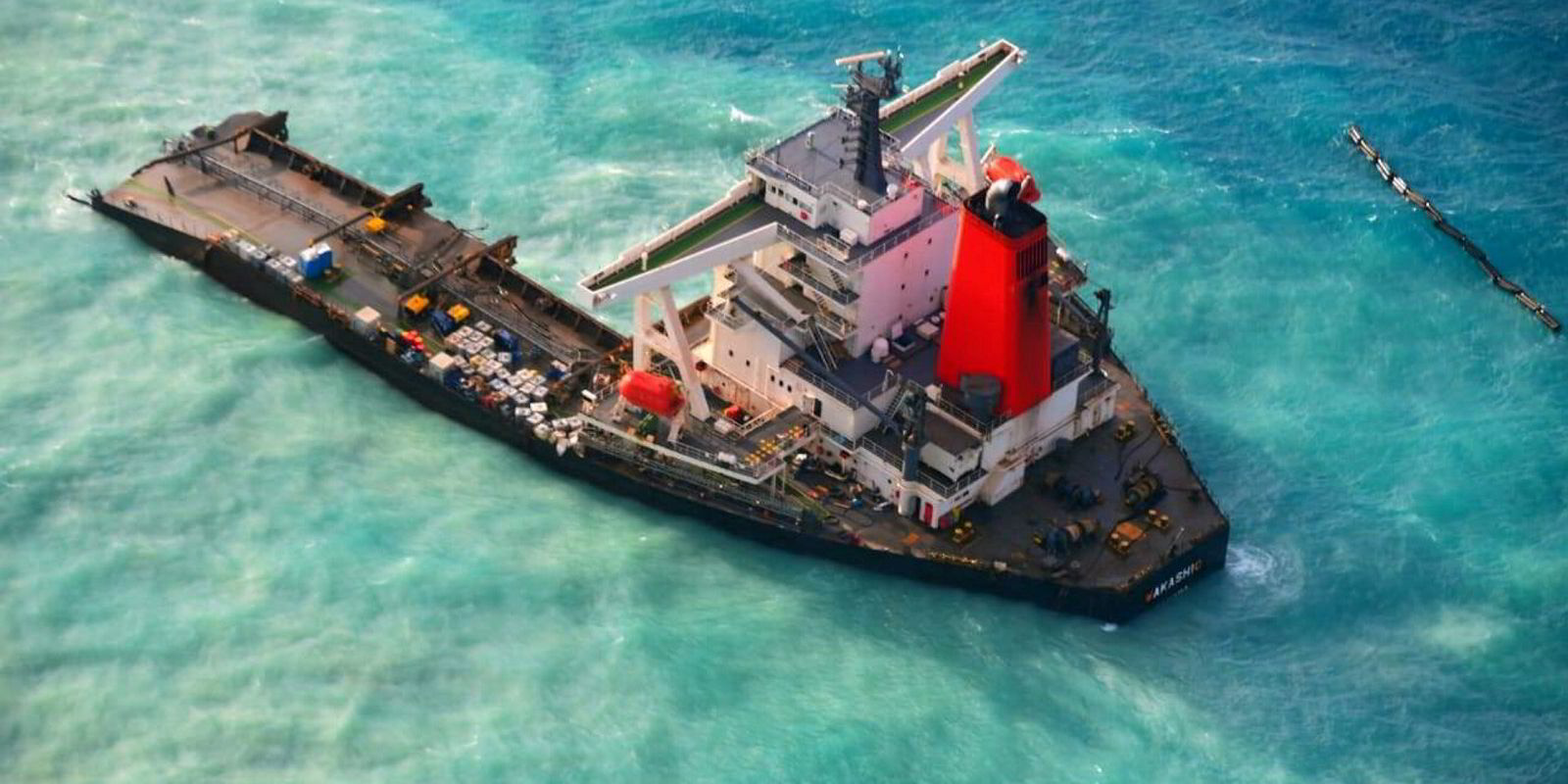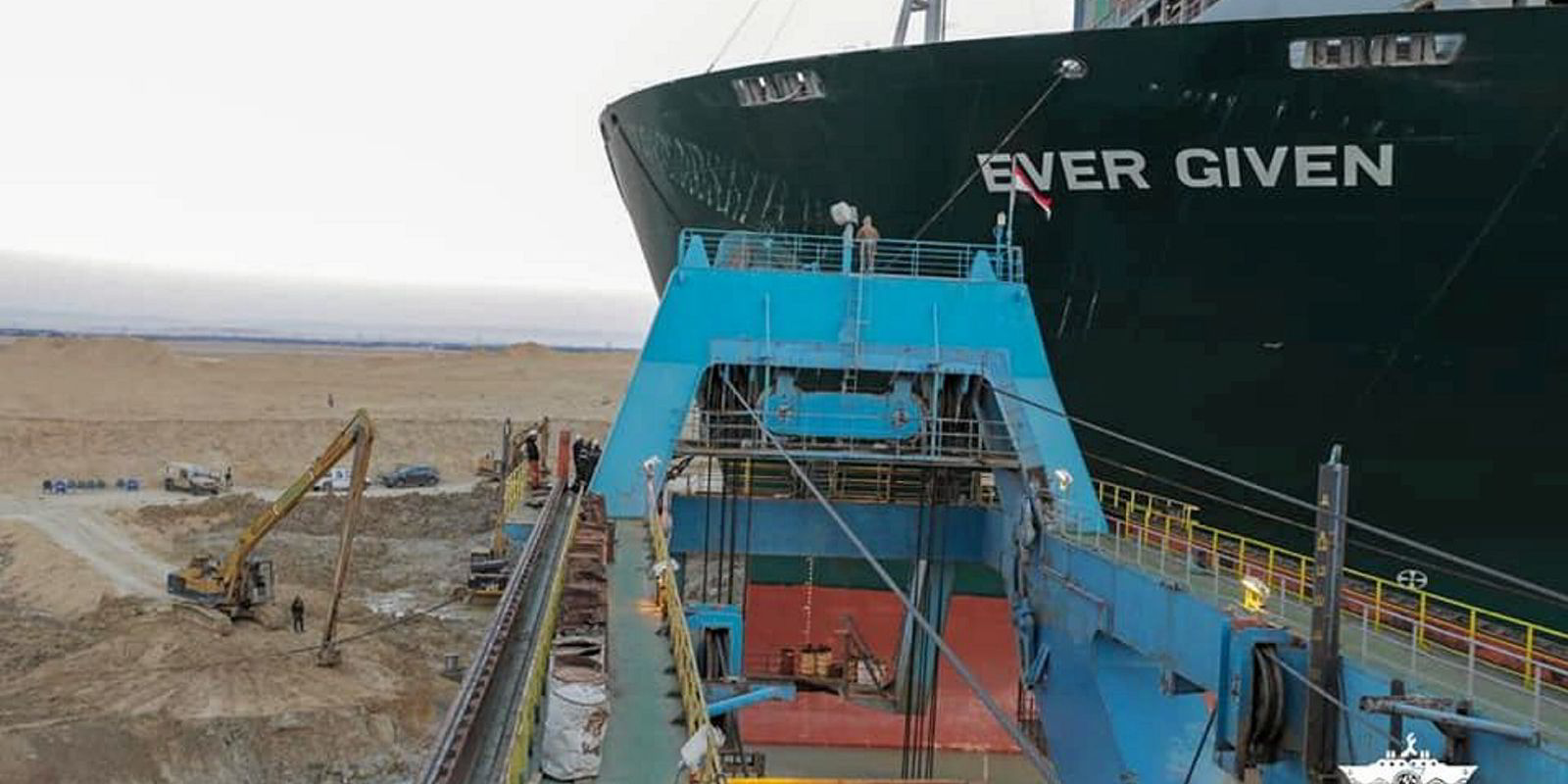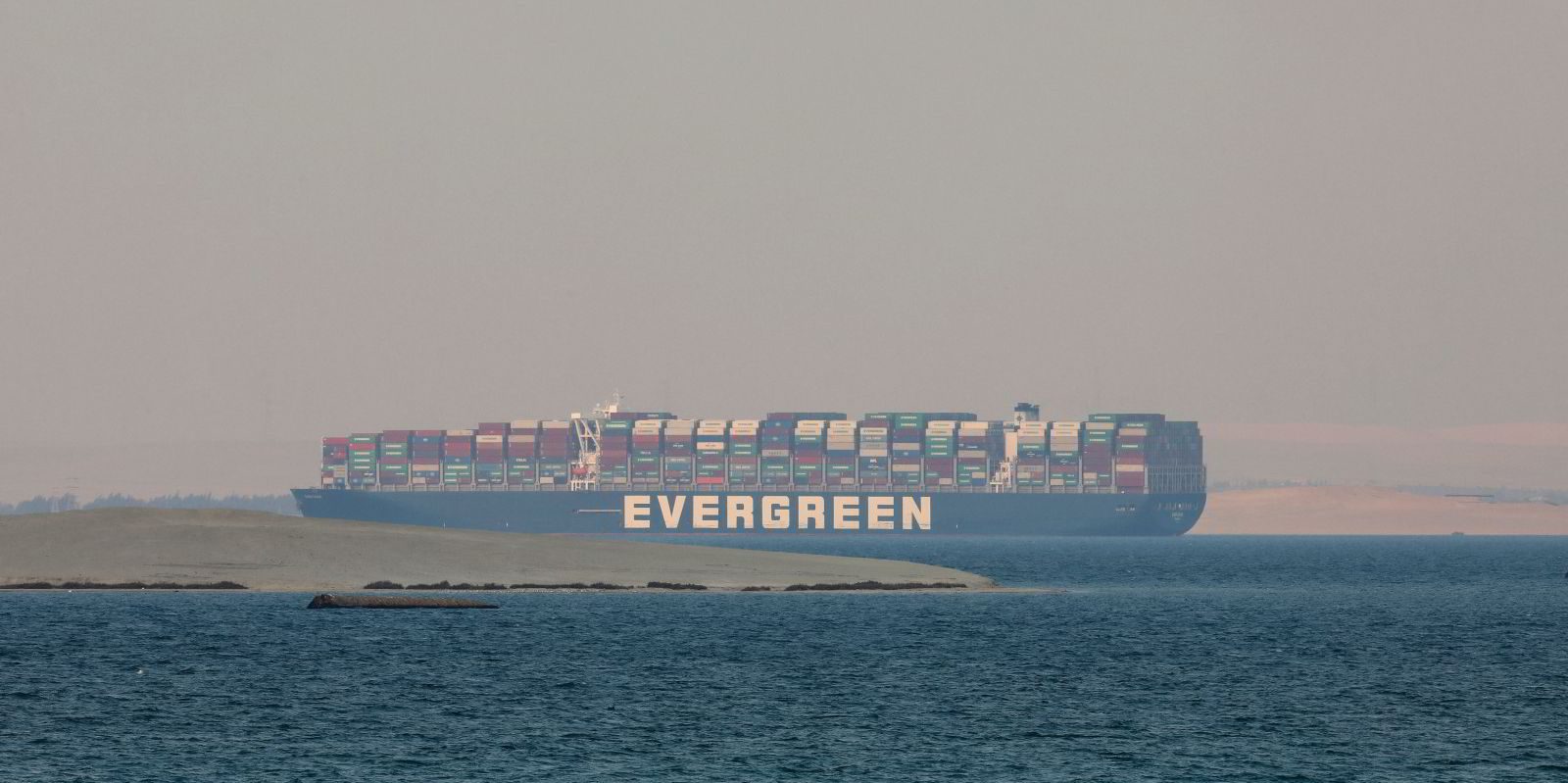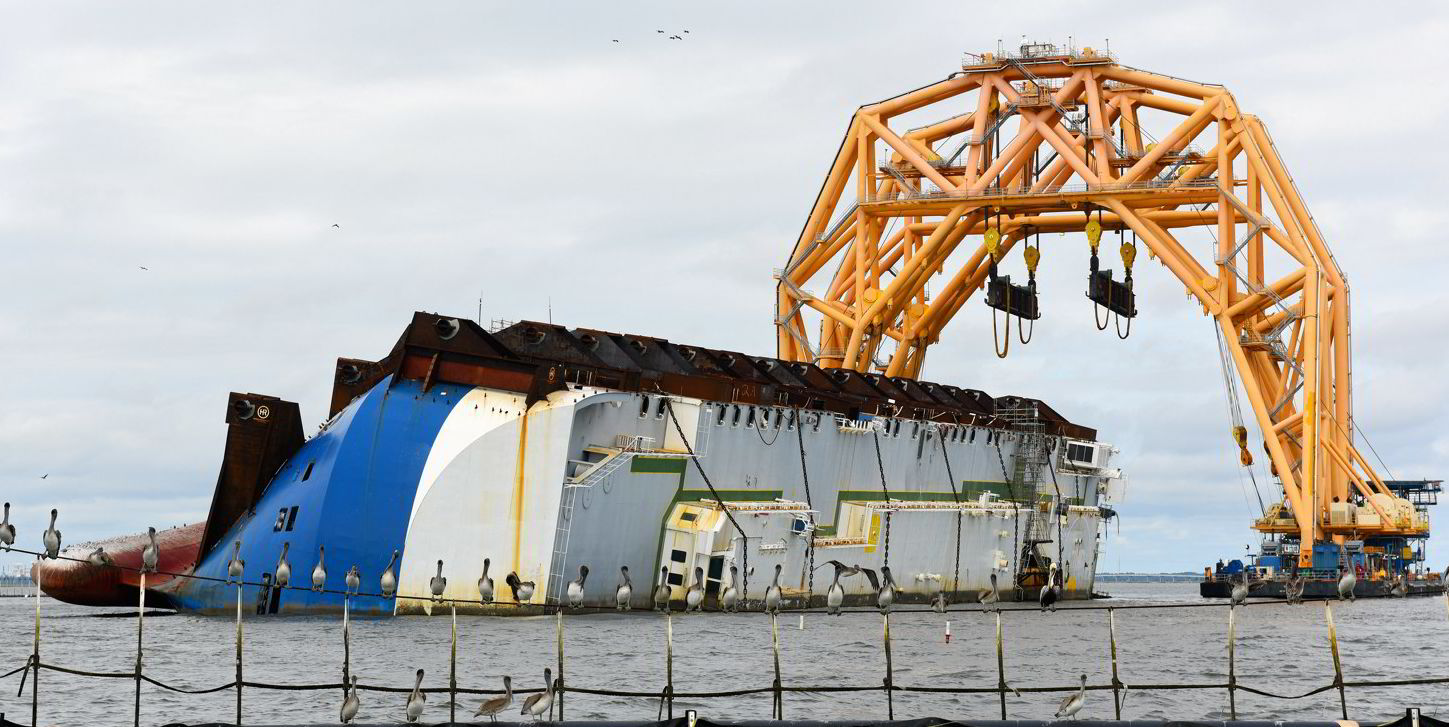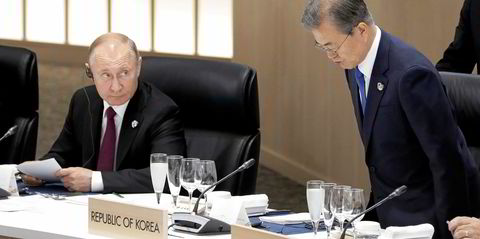The International Group of P&I Clubs is facing one of the most challenging renewals to date as it starts negotiations over its $3.1bn reinsurance policy, according to specialist broking firm Guy Carpenter.
The cost of the increase will be passed onto shipowners, which are already facing the prospect of rate increases for their primary cover direct from their protection and indemnity clubs at next February’s renewal, the Mash Mclennan-controlled outfit said.
In a webinar arranged by Marsh Specialty to outline the potential impact of reinsurance contract renewal on its P&I clients, Guy Carpenter head of reinsurance solutions Demian Smith said recent evidence is that the International Group will face tough negotiations.
“We are already seeing large double-digit increase for loss free business and when we take account specific losses to contract or performance we have seen significantly higher increases,” he said.
The International Group has been calling on its reinsurance policy, which kicks in for pooled claims over $100m, for significant claims over the past two years.
Most notably the 7,700-ceu Golden Ray (built 2017) grounding has turned out to be shipping's second most expensive wreck removal, which is costing in excess of $600m.
There are other significant bills to settle that will likely call on the International Group's reinsurance policy. They include the 203,000-dwt Wakashio (built 2007), and more recently, the 20,300-teu Ever Given (built 2018), both of which are still under negotiation.
Smith said reinsurers will be trying to assess whether the recent high level of expensive pooled claims is indicative of future claims levels.
“They will be trying to assess, is this a trend or an aberration?” he said.
The International Group’s $3.1bn reinsurance scheme is unique in that it applies to all 80,000 vessels entered with its 13 mutual members, creating potentially huge liabilities for reinsurers.
It is covered by 80 underwriters that typically seek to reinsure the massive risk, again through third and fourth-tier cover providers.
But it is not just the International Group’s own performance on the policy that will affect the renewal terms.
Over the last five years, reinsurers have underperformed on their return on capital targets and are looking to recoup losses linked to national catastrophes, the pandemic and climate change.
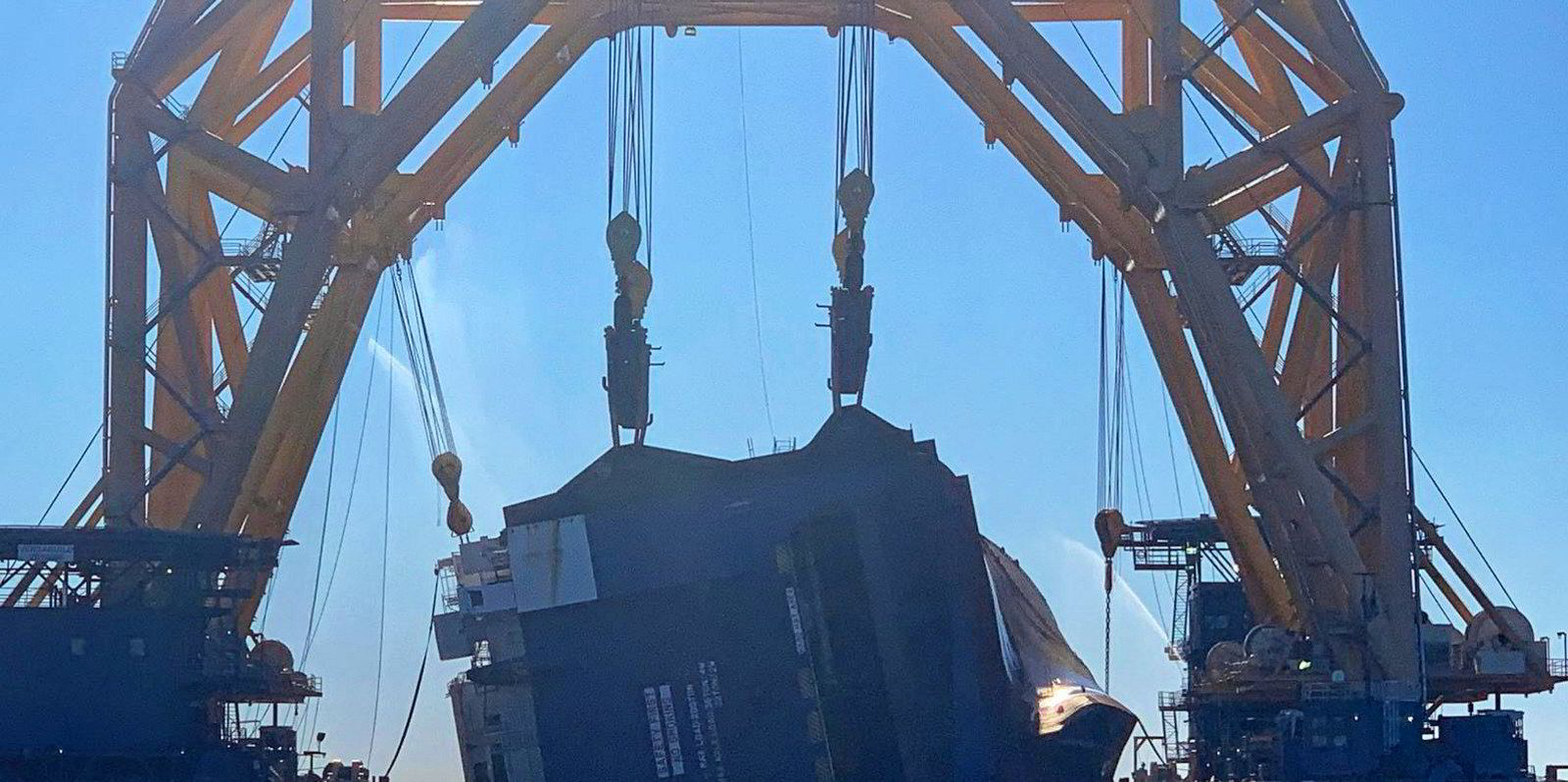
“When you are buying in the commercial reinsurance market you are sharing losses among other risk types,” Smith pointed out.
Some recent marine claims, such as a series of major container losses in Pacific storms, also fit in with reinsurers’ broader concerns over the impact of changing weather and climate on risk. There are other emerging risks like cyber security for them to consider.
However, the unique and long-standing relationship between the International Group and the reinsurance market, and the critical role the P&I system plays in facilitating world trade, should count for something, Smith indicated.
“The International Group reinsurance contract is more than just another reinsurance transaction,” he said.
“For world trade to continue and for the large limits to continue to apply to shipowners, reinsurers and P&I clubs need to work together in partnership to make sure the most cost affective reinsurance coverage can continue to be provided to shipowners.”
